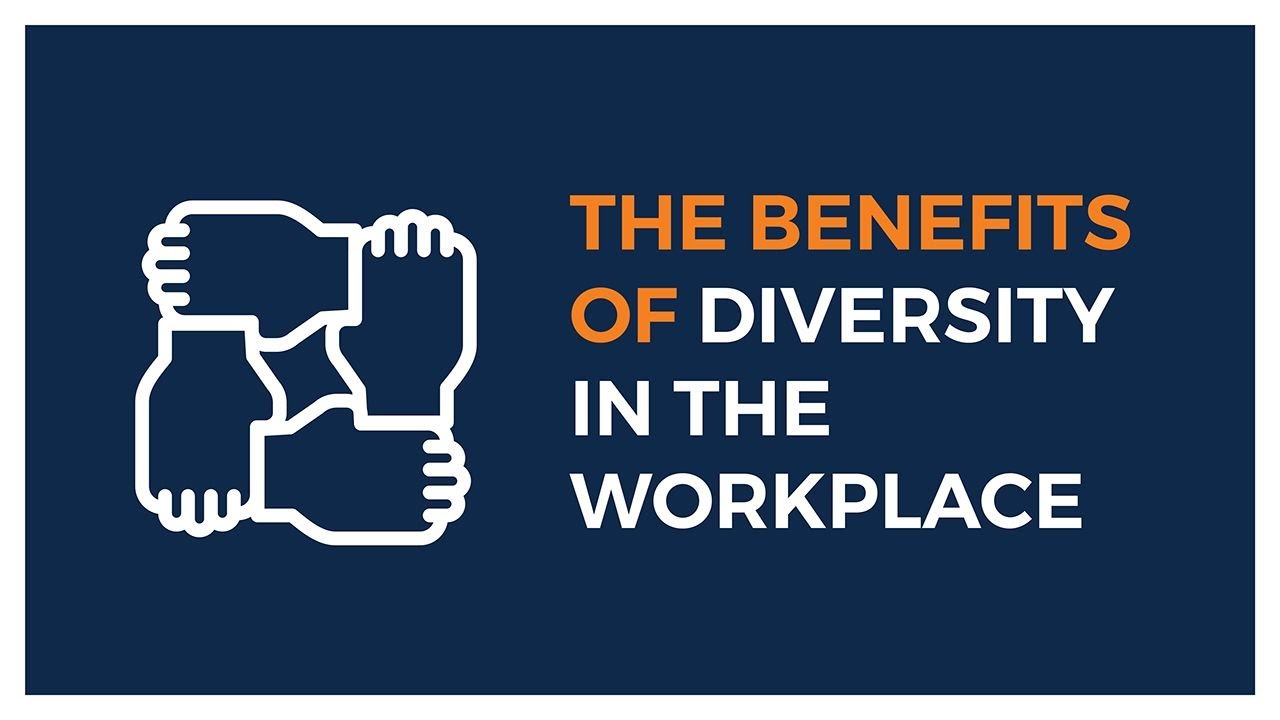The Benefits of Diversity
Diversity is a crucial aspect of our society that contributes to the growth and development of individuals, organizations, and communities. In this article, we will explore the numerous benefits of diversity and how it can positively impact various aspects of our lives.
Enhanced Creativity and Innovation
Diversity brings together individuals from different backgrounds, experiences, and perspectives. This rich mix of ideas and viewpoints fosters enhanced creativity and innovation. When people with diverse backgrounds collaborate, they bring unique insights and approaches to problem-solving, leading to more creative and effective solutions.
Improved Decision Making
Having a diverse team or community leads to better decision-making. When people from different backgrounds come together, they bring a wide range of perspectives, knowledge, and expertise. This diversity of viewpoints helps in identifying potential risks, exploring alternatives, and making well-informed decisions. By considering different angles, diverse teams can avoid groupthink and make more balanced and comprehensive choices.
Increased Adaptability
Diversity promotes adaptability, as individuals with different backgrounds and experiences bring a variety of skills and approaches to the table. This enables organizations and communities to respond effectively to changing circumstances and challenges. A diverse workforce or community is better equipped to handle unexpected situations and find innovative solutions.
Enhanced Problem Solving
When faced with complex problems, diverse teams have a greater ability to find effective solutions. Different perspectives and approaches enable a more comprehensive analysis of the issue. By considering multiple viewpoints, diverse teams can identify blind spots, challenge assumptions, and develop more robust and thoughtful solutions.
Improved Customer Understanding
Diversity is crucial for businesses and organizations to understand and meet the needs of a diverse customer base. When a team is diverse, it reflects the diversity of the customers they serve. This allows for a deeper understanding of customers’ preferences, cultures, and values, leading to more effective marketing strategies and customer satisfaction.
Enhanced Employee Engagement and Satisfaction
A diverse and inclusive work environment fosters employee engagement and satisfaction. When individuals feel included and valued for their unique contributions, they are more likely to be motivated and engaged in their work. This, in turn, leads to higher levels of job satisfaction, productivity, and retention.

Diversity brings numerous benefits to individuals, organizations, and communities. From enhanced creativity and innovation to improved decision-making and problem-solving, diversity plays a crucial role in driving positive change. Embracing diversity and creating inclusive environments is not only the right thing to do, but it also leads to better outcomes for everyone involved.
Frequently Asked Questions – Benefits of Diversity
1. What is diversity?
Diversity refers to the presence of a wide range of characteristics and attributes within a group, organization, or community. It encompasses differences in race, ethnicity, gender, age, sexual orientation, abilities, socioeconomic backgrounds, and more.
2. Why is diversity important?
Diversity is important because it fosters innovation, creativity, and problem-solving. It brings together different perspectives, experiences, and knowledge, leading to better decision-making and improved outcomes.
3. How does diversity benefit organizations?
Diversity in organizations leads to increased employee engagement, higher productivity, and improved financial performance. It enhances a company’s reputation, attracts top talent, and helps in understanding diverse customer needs.
4. What are the social benefits of diversity?
Diversity promotes social cohesion, reduces prejudice and discrimination, and creates a more inclusive society. It encourages cultural exchange, understanding, and empathy among individuals from different backgrounds.
5. How does diversity contribute to personal growth?
Diversity exposes individuals to new ideas, perspectives, and cultures, fostering personal growth and development. It challenges biases, expands horizons, and encourages learning from others’ experiences.
6. Does diversity improve problem-solving?
Yes, diversity improves problem-solving. When diverse individuals come together, they bring unique insights and approaches to tackle challenges. Diverse teams are more likely to consider a wider range of possibilities and find innovative solutions.
7. Can diversity enhance creativity and innovation?
Absolutely! Diversity fuels creativity and innovation by encouraging different viewpoints and ideas. It breaks down groupthink and stimulates out-of-the-box thinking, leading to breakthrough innovations and competitive advantages.
8. How does diversity contribute to a positive work culture?
Diversity cultivates a positive work culture by fostering respect, inclusion, and acceptance. It creates a sense of belonging, encourages collaboration, and celebrates individual differences, resulting in a more harmonious and supportive environment.
9. Are there economic benefits to diversity?
Yes, there are economic benefits to diversity. Research shows that diverse businesses and economies have higher resilience, adaptability, and growth potential. They are better equipped to respond to changing market demands and attract diverse consumer groups.
10. How can organizations promote diversity and inclusion?
Organizations can promote diversity and inclusion by implementing inclusive hiring practices, providing diversity training, fostering a culture of respect and equity, creating employee resource groups, and actively seeking diverse perspectives in decision-making processes.




